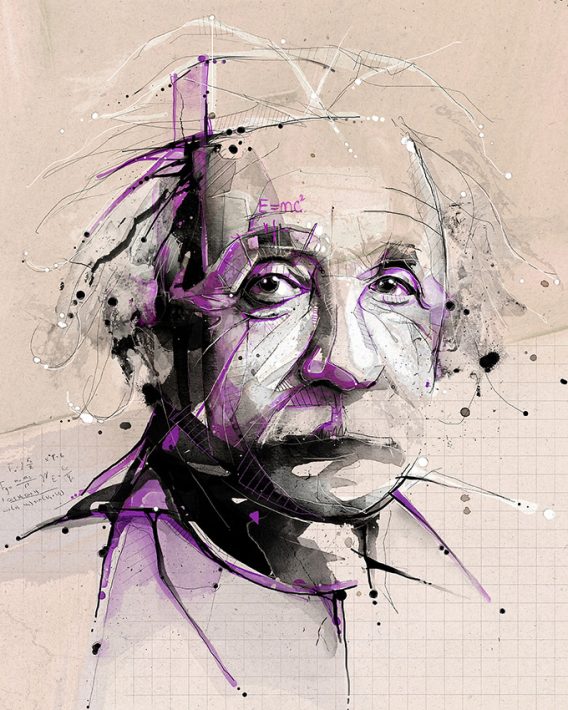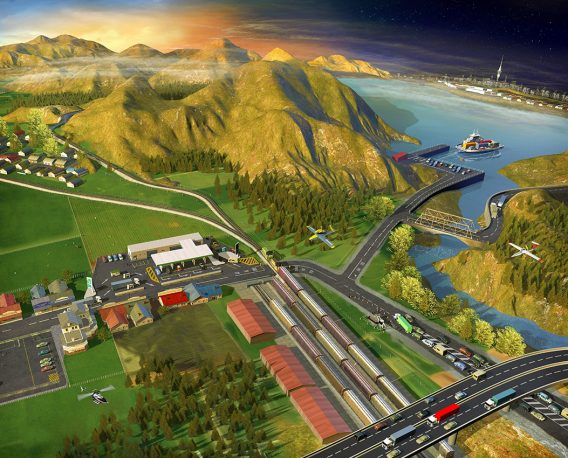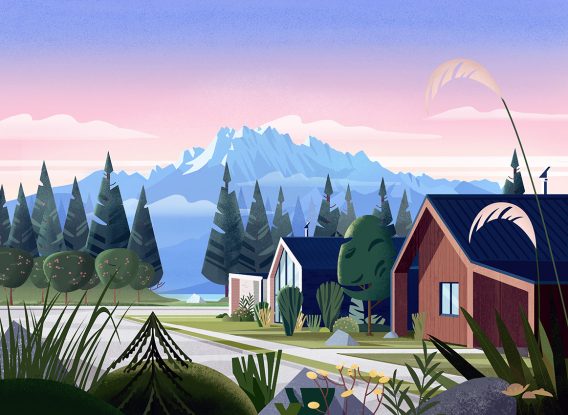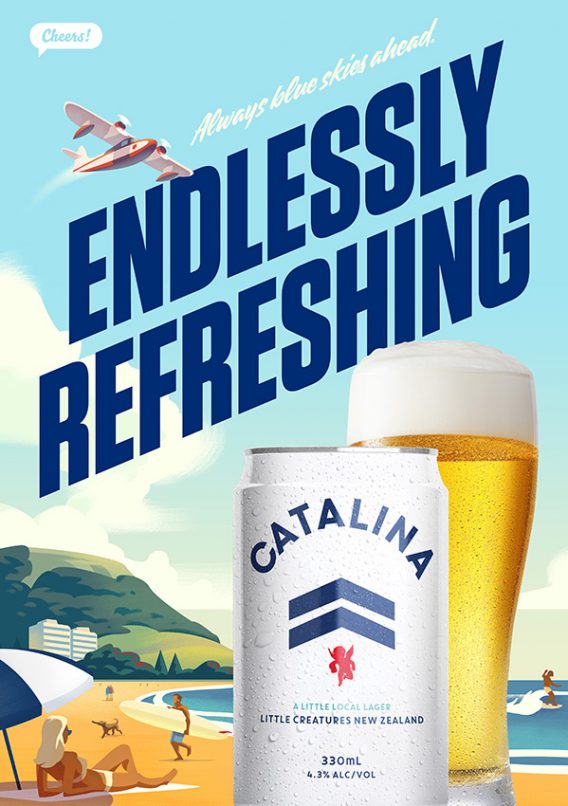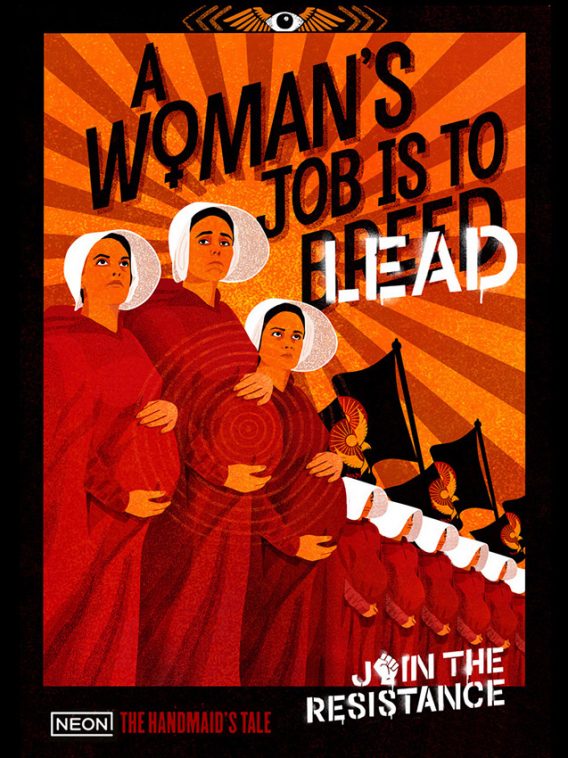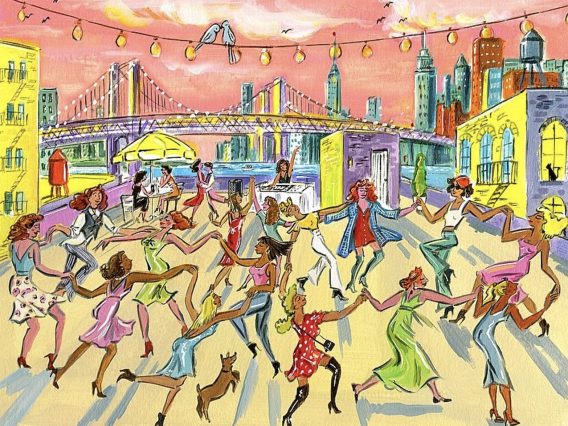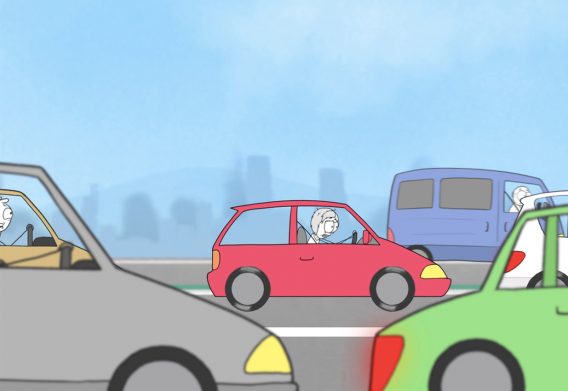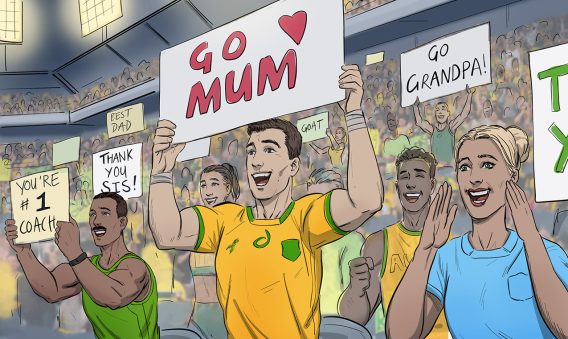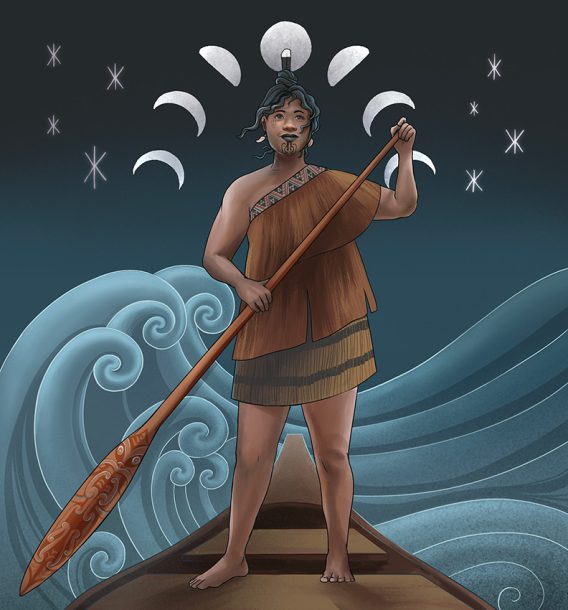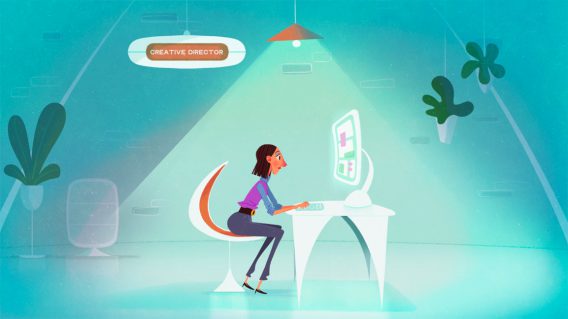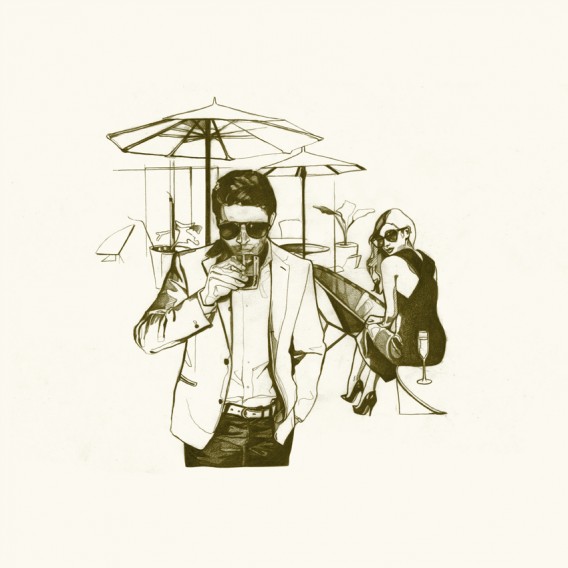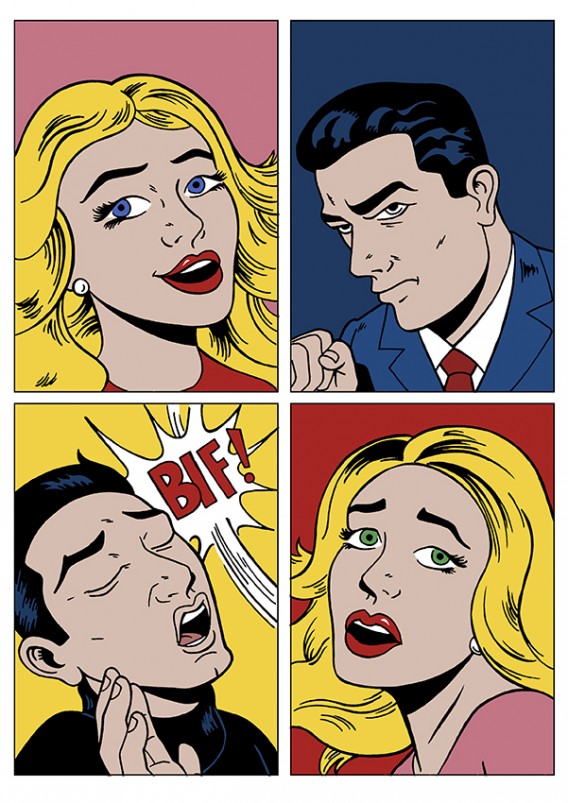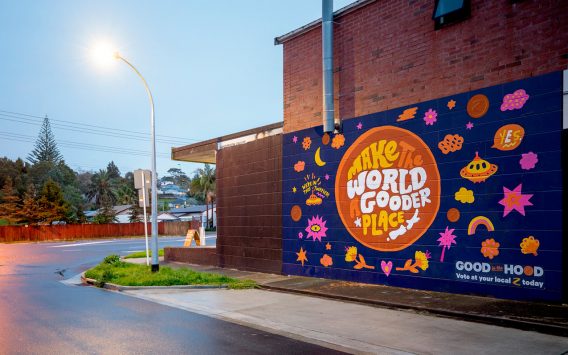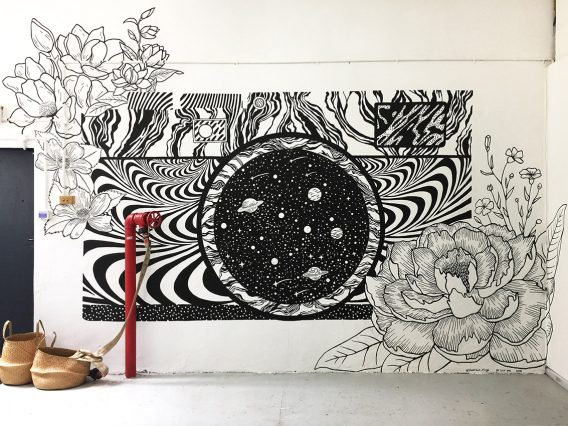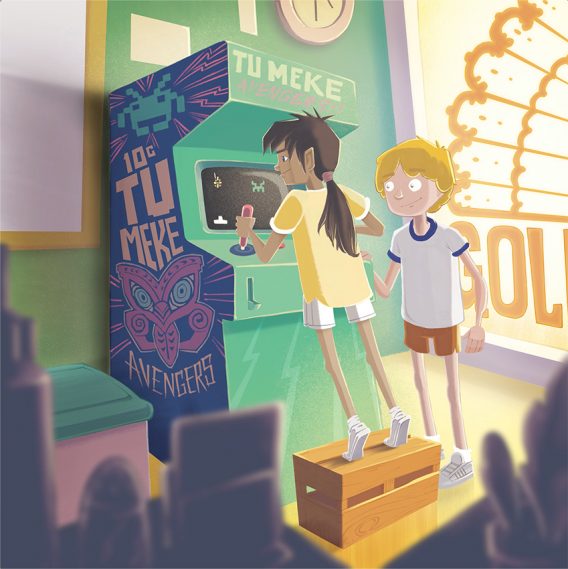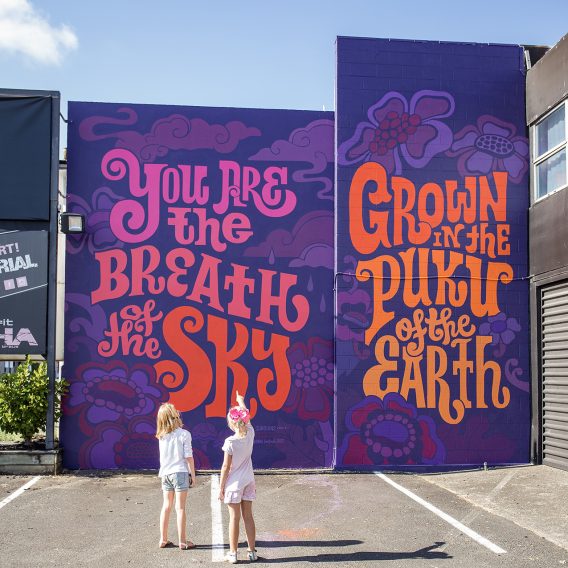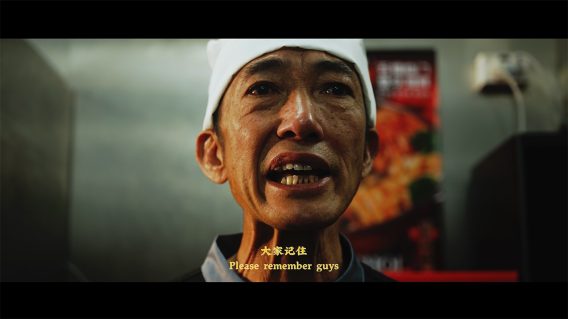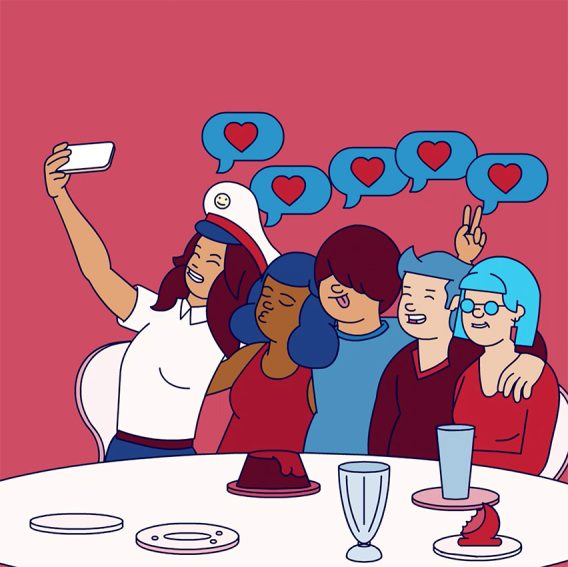PressPausePlay Creative Documentary
Finally a documentary that captures the digital revolution and its impact on the creative world. Released on iTunes last week, PressPausePlay is the recent project of Swedish creatives David Dworsky and Victor Kohler and looks to raise some interesting discussion on the current state, threats and opportunities of the creative industries. With interviews from the likes of Moby, Seth Godin and Scott Belsky (Behance) we were so curious that we caught up with the two directors and squeezed some more insight on the film.
“This changes everything. The industry is dead. There has never been a better time to be an artist.”
Seth GodinAuthor
IR: First of all, what bought you personally into the creative industries and to film in particular?
VK: I started out as a kid making ski and skateboard films with my friends just like everyone else. This then lead me into other creative areas like graphic design and animation and I slowly realised that this might be something I can do for a living, not just for fun.
DD: I started to play with film when the old dv cameras came out and apple released iMovie for the first time. I remember it was an amazing feeling to see what happened when you took the shaky footage from the camera, made some edits and put music over it.
IR: While you’ve been touring Press/Pause/Play around Europe and the States, it hasn’t premiered in New Zealand yet. Can you outline the film for us and what the aim for PressPausePlay is?
DD: We got tired of the fact that discussions about technology in the terms of culture had been about piracy issues and lost business models. We saw a totally different side to the story – the creative one. Everyday in our work we saw examples of how new kinds of creative people were able to create their stuff and get it out and we felt that story was worth being told.
VK: Throughout the film we talk a lot about technology but this is mainly discussed in the beginning, since this is the biggest reason for the creative revolution in the last couple of years and sets the stage for the rest of the movie. We also discuss the artists and how their world is changing, for better and for worse. And we take a step back and look at the implications for art and culture on a larger scale.
IR: Having seen a couple of previews, the idea of documenting the current state of the creative world and tackling this issue of the democratization of culture seems like an exciting but daunting task to have taken on. Where did your inspiration and urge to make the film come from?
DD: First of all we love to do things that are a bit too much for us, to go out on thin ice. This project felt just like that. I think the main reason we started doing it was that we were a part of this movement, that we were in the middle of it all.
IR: Did your aim for the film shift as the project went on? Or was it very much laid out and stuck to from the beginning?
VK: Since our goal with the film was to capture a revolution in the making, we had no clear facts or answers to rely on. This meant we could not sit down and write a script but we had to go out and interview people and start investigating. The script then slowly evolved thorough the production. One clear difference between the original idea and the finished film is that we started out with a very utopian view of the change we were documenting but ended up with a film that is much more balanced in that regard.
“The human spirit, when it’s allowed to become made manifest through art, invariably is going to create greatness. It almost doesn’t matter what the medium is, when humans make things they tend to make interesting things. The danger is people becoming comfortable with mediocrity.”
MobyMusician
IR: The creatives that are featured and interviewed in the film range from creatives such as author Seth Godin, Behance CEO Scott Belsky to musicians such as Moby. Why these particular people and how did you end up with those in the film?
DD: When we started we made a long list of people that we wanted to be in the film. It was basically the most well known directors, artists and thinkers in the world. We managed to get some of them, but also realised that it’s hard to get James Cameron if you’re a small Swedish production company. With that said, we are very proud of the lineup we got in the film.
IR: Some opinions will no doubt spark a bit of controversy and debate. What have you found the overall response to be?
VK: The overall response on the film has been great. Of course different people find different parts more or less engaging but almost everyone finds something to relate to. It’s very interesting watching how people feel when the leave the theatre, some find it inspiring and want to start creating things on the spot, while others get almost depressed. As filmmakers we love the fact that people get such different emotions from watching our work.
IR: What sections or thoughts raised in the film have personally resonated with you most in terms of the reality facing today’s creatives?
DD: We went into this almost overly positive about what was going on and I think that we’ve gotten some perspective on things. There’s a lot of positive aspects correlated with the democratization of culture. But it’s still very hard for people to stand out in this flood of creative works we are seeing today. I think every creative feel that pressure and try to find ways of reaching out. But, on the other hand, I still think it’s easier today than sending your tape to a record label fifteen years ago.
IR: What are your plans for the future? Where to from here for each of you? Another ‘snapshot’ in 20 years time perhaps?
VK: At the moment we don’t have a new project lined up, apart from our commercial work. But since we love doing things we’ve never done before I think we might try our hands on a narrative feature. Or perhaps something completely different!
You can purchase and download PressPausePlay via iTunes here.



